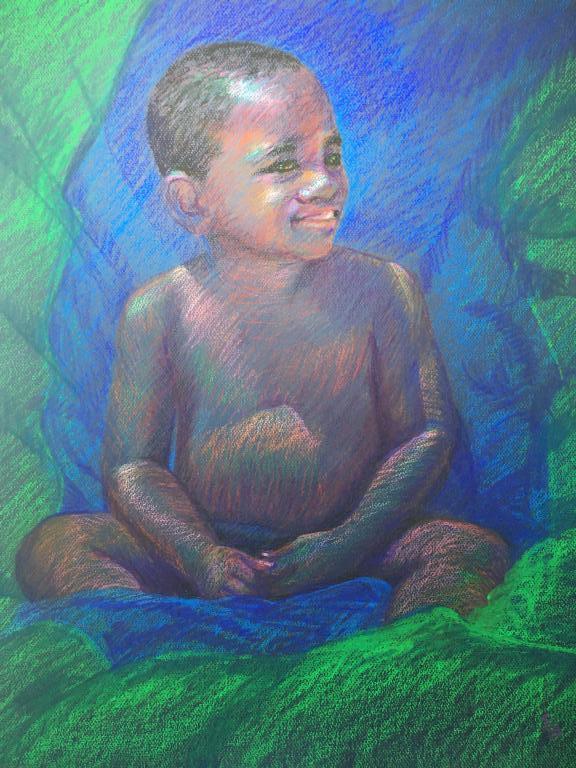
The combination of President’s Day and Black History Month reminded me of s special presentation I heard in Northern Cyprus. The following is from my journal writing while there.
Learning about Black History While Living in Cyprus
Finally, the streets were quiet enough I heard the call to prayer from the local mosque. We rarely heard it because of the traffic. My phone said 4:59 AM. I let the call to prayer be a reminder for me as well, and I said a sleepy prayer for the people in Cyprus. That got me thinking about the presentation on African-American Spirituals my students and I heard the day before. One of the students, a young man who “crashed” both of my Christmas parties by the way, asked a really insightful question of the speaker. He asked, “How could the slaves want to follow the religion of their masters who treated them so cruelly? I just can’t get my head around that.”
I was a little disappointed in her answer. She said something like it wasn’t that much of a stretch from their African religions in some ways. Maybe she’s right. In researching for this article, I found that some African religions emphasized water rituals and believed in ancestral spirits dwelling in streams, which would relate to baptism. I enjoyed her presentation at the university where I taught in Northern Cyprus, but it left me with more questions than answers.
Back in Kentucky, the Birthplace of Lincoln
We have since returned to our home in the United States where we worship in a church that values diversity. Our church came about as a merger of a white church and a black church. I am so impressed with the faith and action I see among our church members. I grew up as a privileged white girl, not hearing much about how the church used Bible verses to justify slavery. This is one of the reasons I question some interpretations of the Bible I grew up with.
As I searched for wisdom on this, I came across a quote from Lincoln : “To read in the Bible, as the word of God himself, that ‘In the sweat of thy face shalt thou eat bread,’ and to preach therefrom that, ‘In the sweat of other men’s faces shalt thou eat bread,’ to my mind can scarcely be reconciled with honest sincerity.”
–May 30, 1864 Letter to George Ide and Others
I found Lincoln’s use of this verse fascinating. I have often heard the verse used to push the idea that we shouldn’t help people who are jobless—a sad, selfish way to use it. But Lincoln used it to show we should not oppress people, using their sweat to make ourselves rich and comfortable. Wow! Bible verses can be twisted and used as weapons, or they can be inspiring and used to promote freedom and the common good. I believe the heart of Jesus was for the latter.
Black History Month Learning Opportunities
This line of thinking challenges me. Somehow, enslaved Africans were able to separate Jesus and the message of the Bible from the atrocities committed by many who claimed to be Christians. They focused on the Exodus and the metanarrative of freedom found in the scriptures. Slave owners were so threatened by the freedom stories in the Bible that the Washington Museum of the Bible houses a “slave Bible.” In 1807, the publishers omitted the Exodus story and other passages from that particular Bible in fear the enslaved would rebel if they read them.
This month is a good time to educate ourselves and face our history, even the shameful parts. My church provided a great list of Black History Month Recommendations for the Whole Family compiled by Dominique Gilliard. I’m planning to take advantage of these resources to learn more about our history. I hope you will too, and let me know what you think in the comments.
I’m an artist who loves to write. If you’d like to get to know me better, please follow me on social media.
My Blog: susanebrooks.com
Instagram @sebrooks81 (Mostly Art)
Facebook, Susan E. Brooks, Artist
Twitter @sebrooks81
YouTube Susan E. Brooks, Artist















